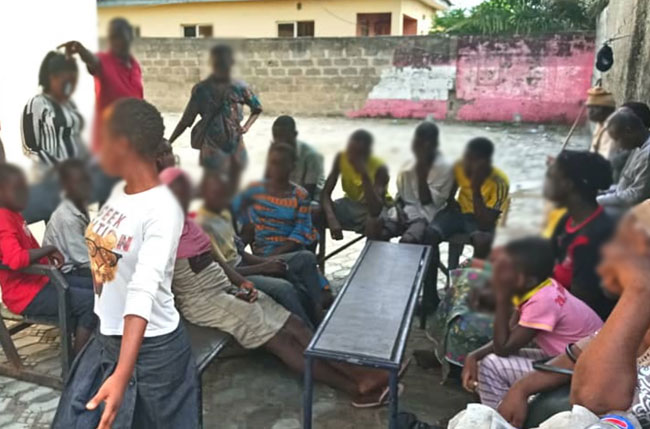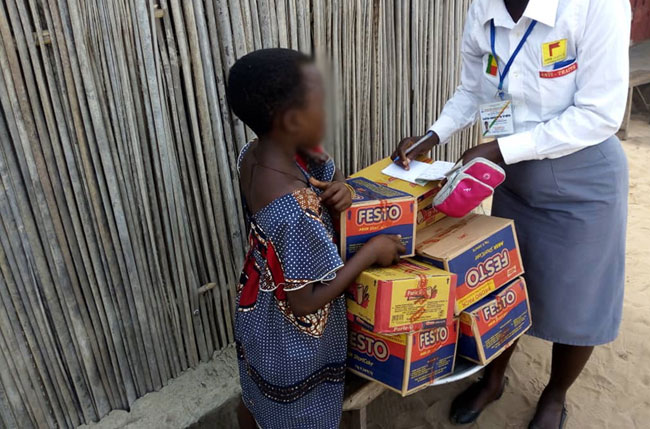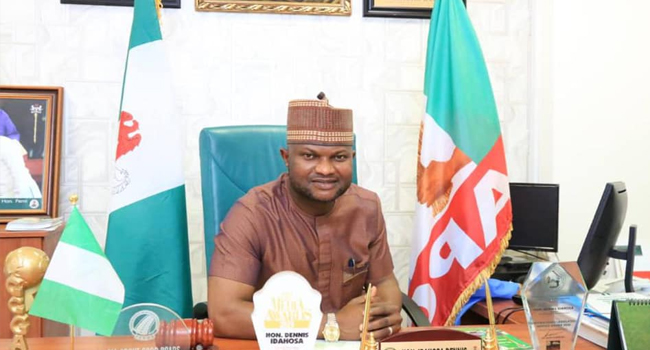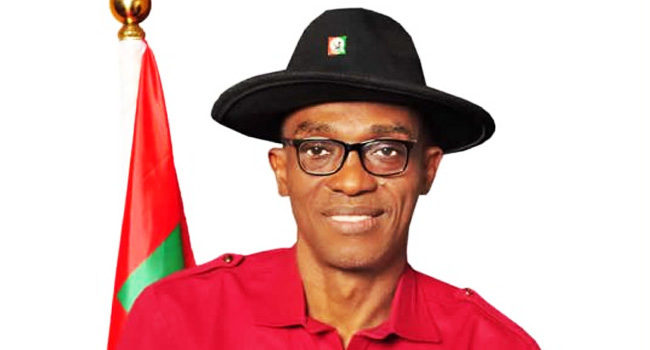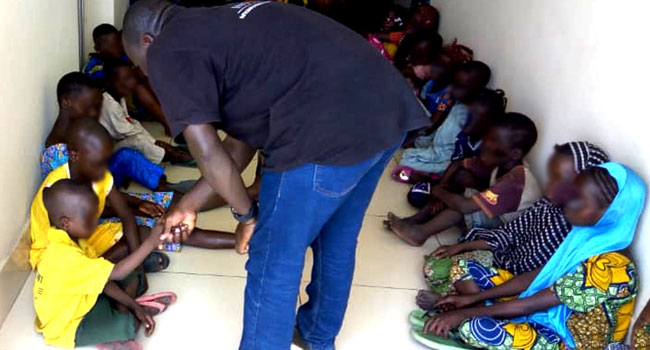
A joint operation by police personnel in Nigeria and Benin Republic has led to the rescue of 157 children.
The International Criminal Police Organisation, simply known as INTERPOL, disclosed this in a statement on Wednesday.
The 157 minors, according to the organisation, were among a total number of about 220 victims of human trafficking rescued by the police in the operation coordinated by INTERPOL.
Some victims were equally rescued from premises where they were forced into prostitution, while 47 suspects were arrested as investigations continue.
READ ALSO: Senators Condemn Killing Of Briton, Demand Inter-Agency Task Force To Tackle Banditry
The police also seized vehicles, cash, mobile phones and computers in the course of the operation.
The minors were aged between 11 and 16, with the youngest rescued at the land border between Nigeria and Benin Republic.
In his reaction, INTERPOL Secretary General, Jürgen Stock, described human trafficking as a transnational crime from which the vulnerable, especially children, simply cannot walk away.
“This operation underlines the need for cross-border collaboration between law enforcement and all stakeholders to ensure that together we can enhance our prevention, protection and prosecution efforts,” the INTERPOL chief stated.
During the operation, the police found a boy who had been forced to carry clandestinely between the two countries heavy goods, including bags of rice weighing up to 40 kg.
According to INTERPOL, all the victims originated from Benin, Burkina Faso, Niger, Nigeria and Togo.
It explained that the victims were recruited and trafficked by means of deception and coercion, after which they were held in bondage in various labour intensive activities.
The organisation added that before regaining freedom, many of the minors were moved around as ‘merchandise’ themselves, across the border.
The victims were also forced to work in markets all day, peddling goods, fetching water, cooking, and carrying heavy loads.
In other cases, some were made to work as housemaids and others were victims of sexual exploitation.
INTERPOL said most of the minors endured beatings and psychological abuse, as well as death threats and warnings that they would never see their parents again.
It, however, highlighted some of the steps taken to ensure the rescued victims receive the necessary care following their rescue.
These include social services while some non-governmental organisations (NGOs) undertook post-operation interviews and provided support services to the victims.
In Nigeria, the organisation revealed that the National Agency for the Prohibition of Trafficking in Persons (NAPTIP) took charge of the minors.
The Comptroller of the Nigeria Immigration Service at Seme border region, Do Asogwa, called for a collective effort to tackle the menace of trafficking.
He said, “We have to cooperate with one another to combat the crime networks behind the trafficking and smuggling of human beings.
“These crimes can only be tackled collectively and through interagency cooperation.”
In Benin Republic, some of the minors were transferred to shelters, returned to their parents, while others were taken into care by national social affairs authorities and NGOs.
The Police Divisional Commissioner of the country’s Central Bureau for the Protection of Minors and Families and the Prevention of Human Trafficking (OCPM), Hounde Seidou, said: “Nobody belongs in the markets or on the streets as slave labourers.
He added, “As law enforcement officers, it is our duty to combat human trafficking, especially when children are involved.”
INTERPOL said building a sustainable law enforcement capacity to investigate and handle cases of human trafficking and migrant smuggling dominated its strategy on vulnerable communities.
To this end, it explained that ‘Operation Epervier II’ was preceded in Benin Republic and Nigeria by specialised training exercises to help officers enhance their investigative techniques along with victim and offender interview skills.
The organisation said its secure communications system I-24/7 was also deployed to operational hotspots, providing police with real-time access to criminal global databases containing millions of records, including on stolen and lost travel documents and biometrics.
It noted that the G7 Interior Ministers had met in Paris, France earlier in April and called for increased cooperation with INTERPOL against crimes such as human trafficking.
It added that the operation, funded by the INTERPOL Foundation for a Safer World, was undertaken under the framework of the INTERPOL Global Task Force on Human Trafficking.
See more photos below:

